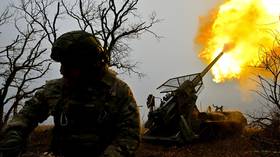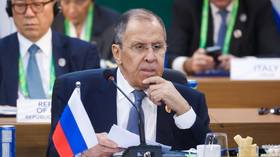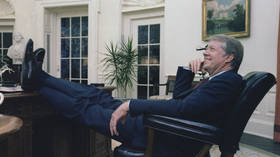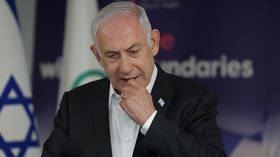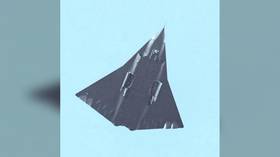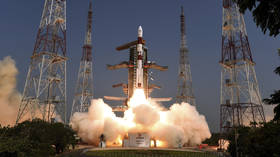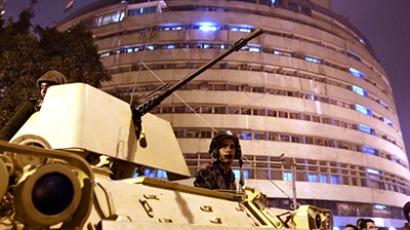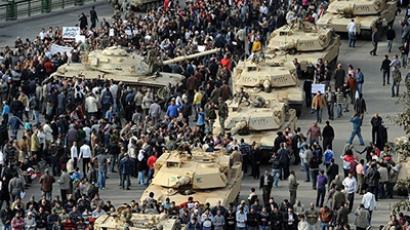Wave of protests hits Middle East, North Africa
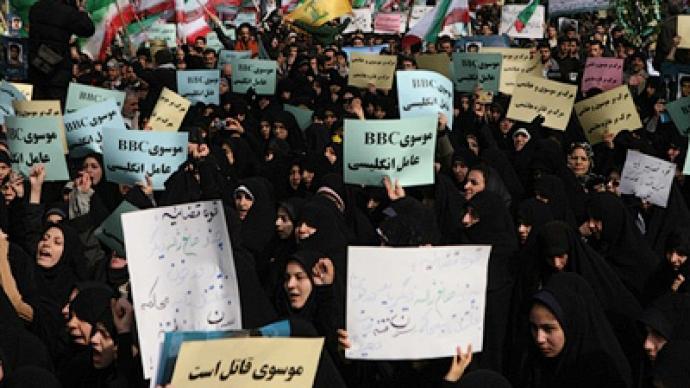
Clashes spread through the Middle East and North Africa as anti-government protests impact Libya, Bahrain, Iran, Algeria, Iraq and Yemen and continue in Egypt.
Hundreds are taking to the streets throughout the region demanding better governance and an end to corruption. General anti-government protests have now taken root in Libya. While in Bahrain, a key base for US military operations in the region faces its third straight day of unrest. Thousands also took to the streets of Iran, calling for government reforms. Protests and labor marches have continued throughout Egypt as the country's military government works quickly to propose constitutional changes and call elections. Meanwhile hundreds of Iraqi’s took to the streets of Fallujah calling for better government services. And the government of Yemen has now sent thousands of police into the streets to confront anti-government activists entering their sixth day of protests. Author and activist Adrian Salbuchi said we have to look at the people of these nations and the change they are calling for, and at the interests of certain global power structures. “We have to think in terms of a global power structure that operates inside the United States mainly, but is not a part of the United States even and definitely does not going in favor of the national interest of the United States,” he said. “We have to stop thinking in terms of binary, black and white.” Salbuchi argued the US is not the only moving part; there is a bigger system at play. International organizations and groups make up a larger structure of interest and control. “Above the United States, above the White house and the State Department, we have to think in terms of the global planning being carried out by the global power elite, particularly the Council on Foreign Relations, the Trilateral Commission and the Bilderberg Group,” he said.US President Barack Obama said his, “Hope and expectation is we’re going to continue to see the people of Iran have the courage to be able to express their yearning for greater freedoms and a more representative government.”Salbuchi contended it is no shock the US would like to see regime change in Iran, or that they would like to see stability restored in Bahrain. However, it doesn’t matter because the US and its governing bodies are not in control.“We are seeing on a planetary basis, on a worldwide basis, how the global power elite is closing the stage of globalization that has been on for the last 20 years and they are moving on to formal world government,” he argued. “The United States has to become weekend in relative terms, just globalization required the demise of the former Soviet Union.”The rise of protests and unrest across the region are the doings of these global elites and are part of their plan to secure future world governance. He argued turmoil in the Middle East opens opportunities for taking advantage of change at a global level. It is in the long term interest, he claimed, that unrest take hold in the region.


